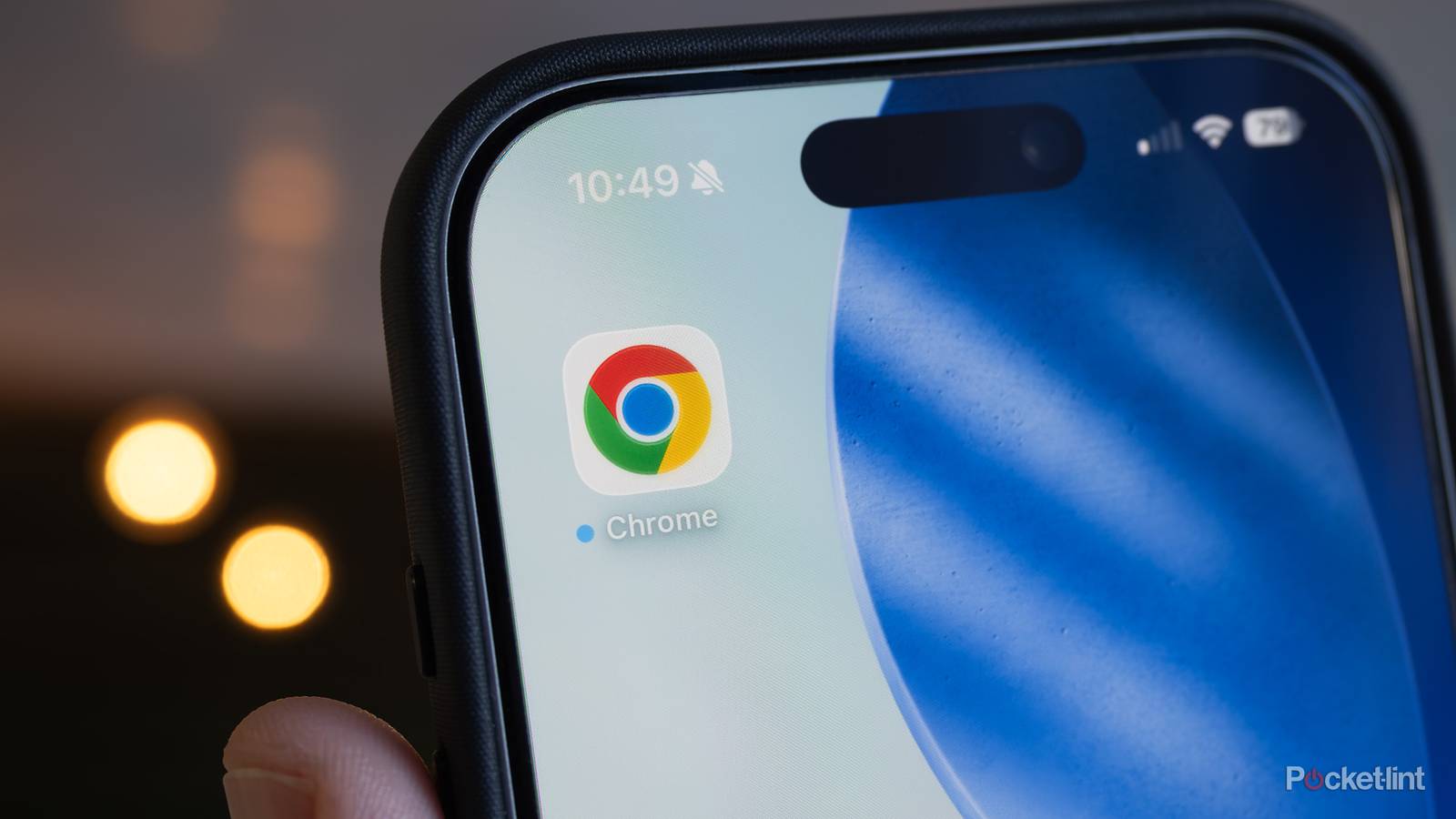
"I get the impression that a lot more people are thinking about web browser privacy than they did a decade ago. I don't have a survey at hand, but considering how widespread news and advice pieces are about the topic -- and how often browser makers themselves tout privacy features -- there must be some groundswell of awareness."
"Something all private modes share in common is that they're isolated from other tabs, and won't save your site/page history. If we're honest, this is most often used to look at... certain images and videos on a shared device, but it might also be handy if you're shopping for a birthday present or engagement ring. Additionally, it could be necessary if you want to research a particular political or religious view without someone judging you harshly, which is all the more likely if an infamous website shows up unexpectedly in that person's auto-complete suggestions."
Private browsing modes isolate sessions from other tabs and prevent saving site and page history. They typically stop tracking and preference cookies from being stored and block third-party cookies by default in Chrome, Safari, and Firefox. Private modes offer useful local privacy on shared devices for viewing sensitive content, shopping for surprises, or researching political or religious topics without affecting normal browser history or autocomplete. These modes reduce tracking and advertiser profiling but should not be relied on as a bulletproof shield against wider online tracking, device compromise, or identity theft.
Read at Pocket-lint
Unable to calculate read time
Collection
[
|
...
]